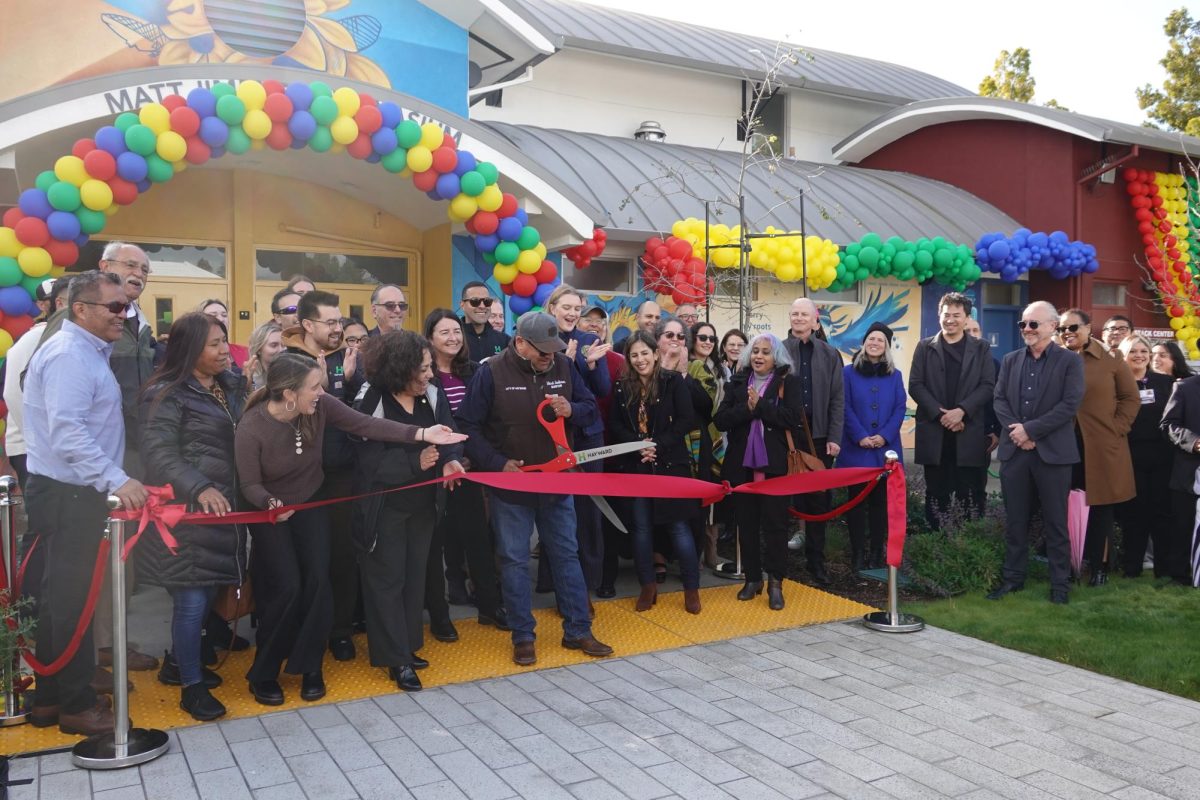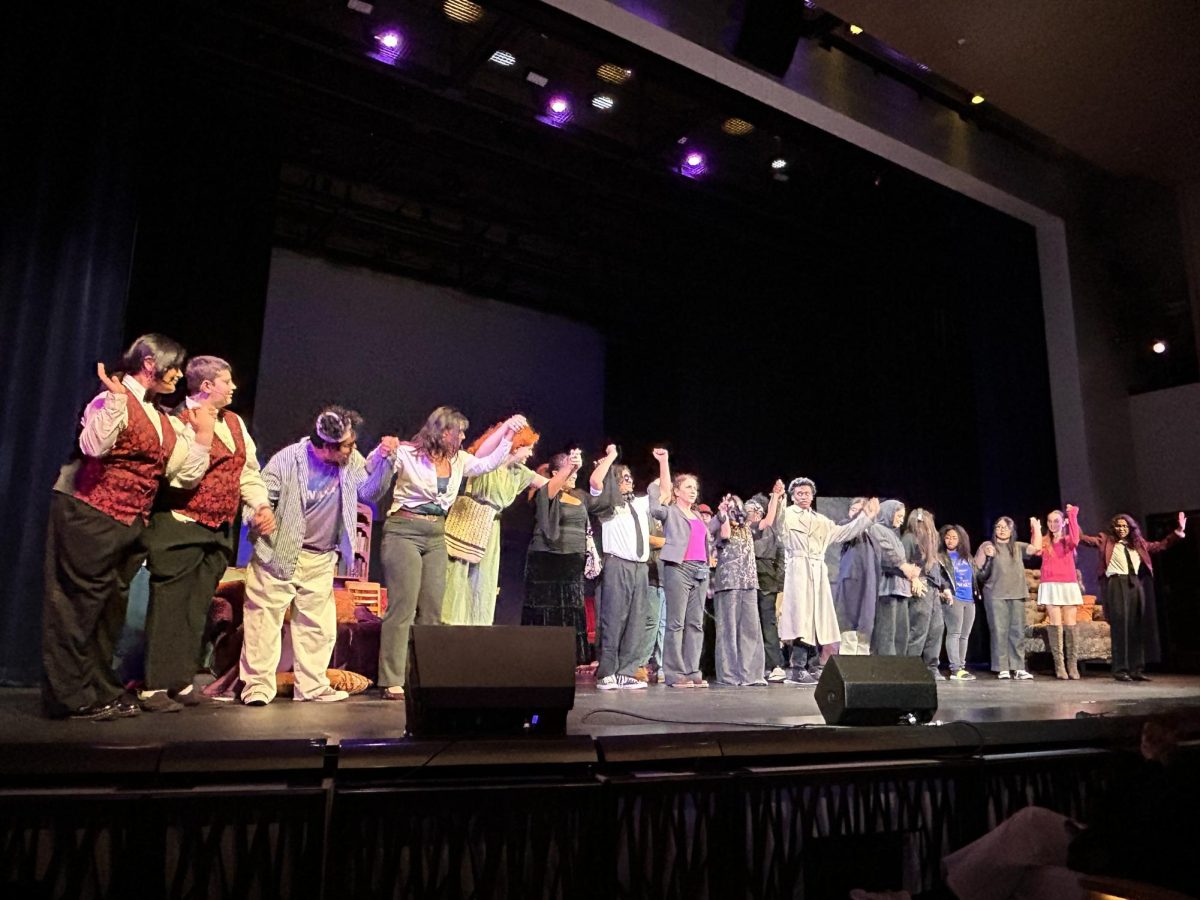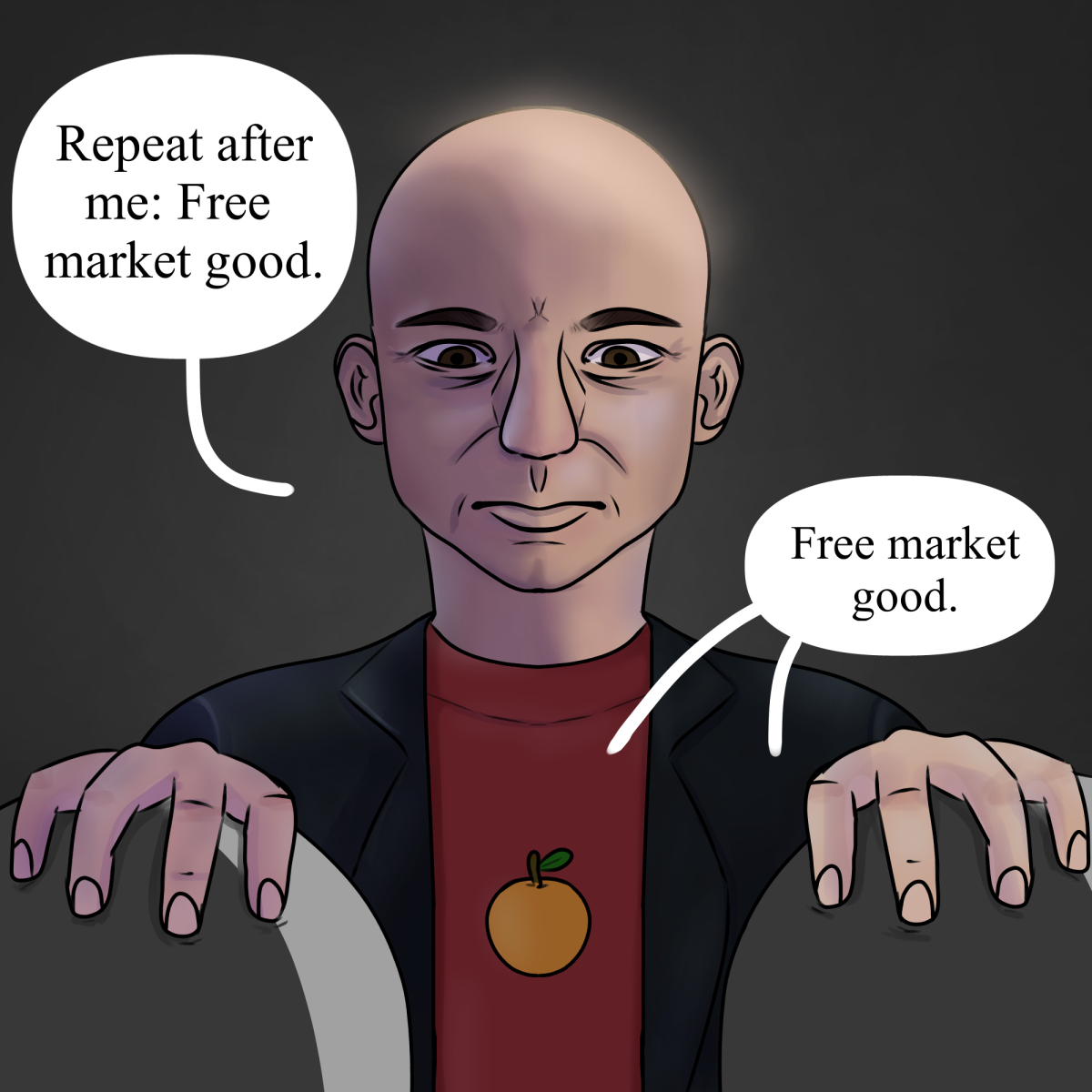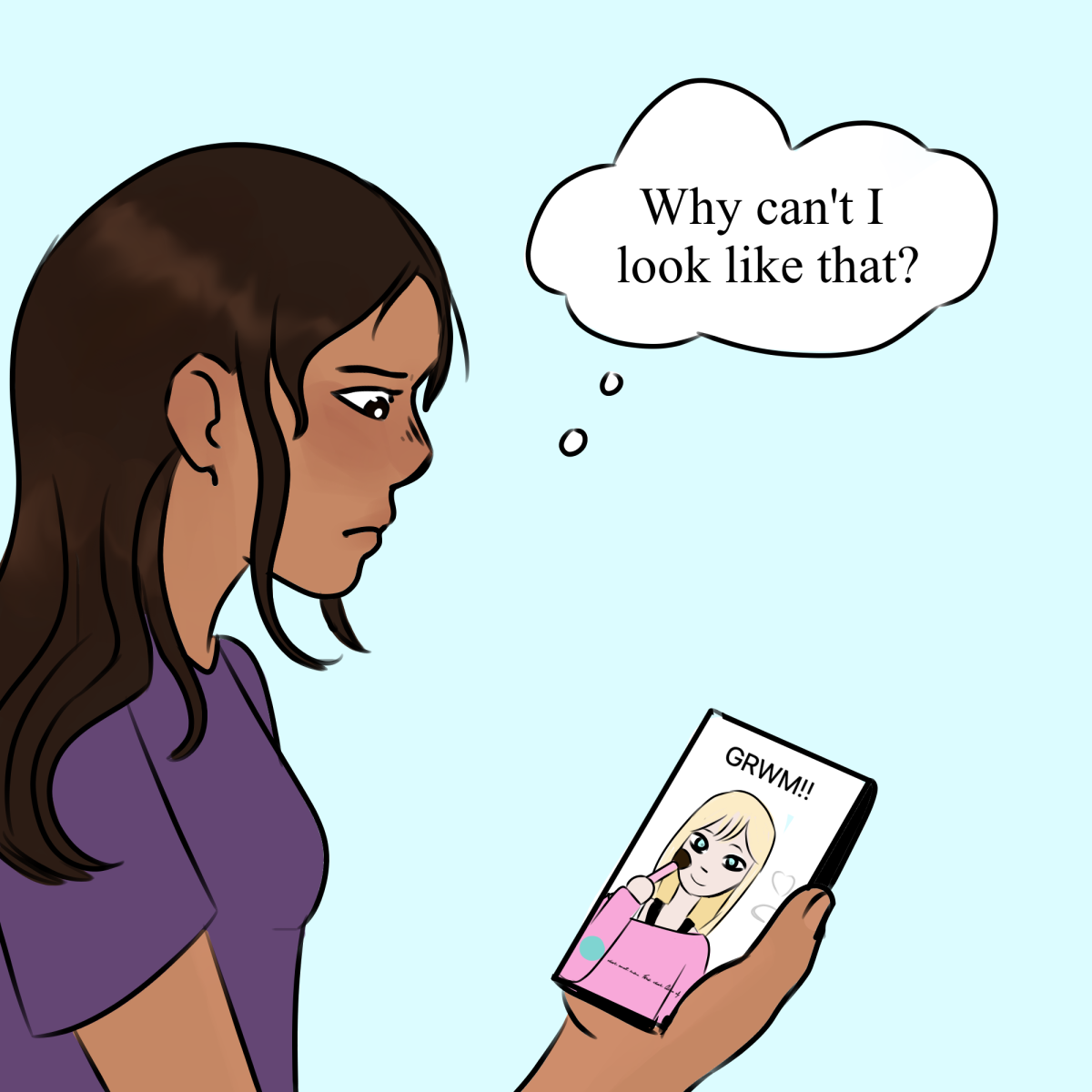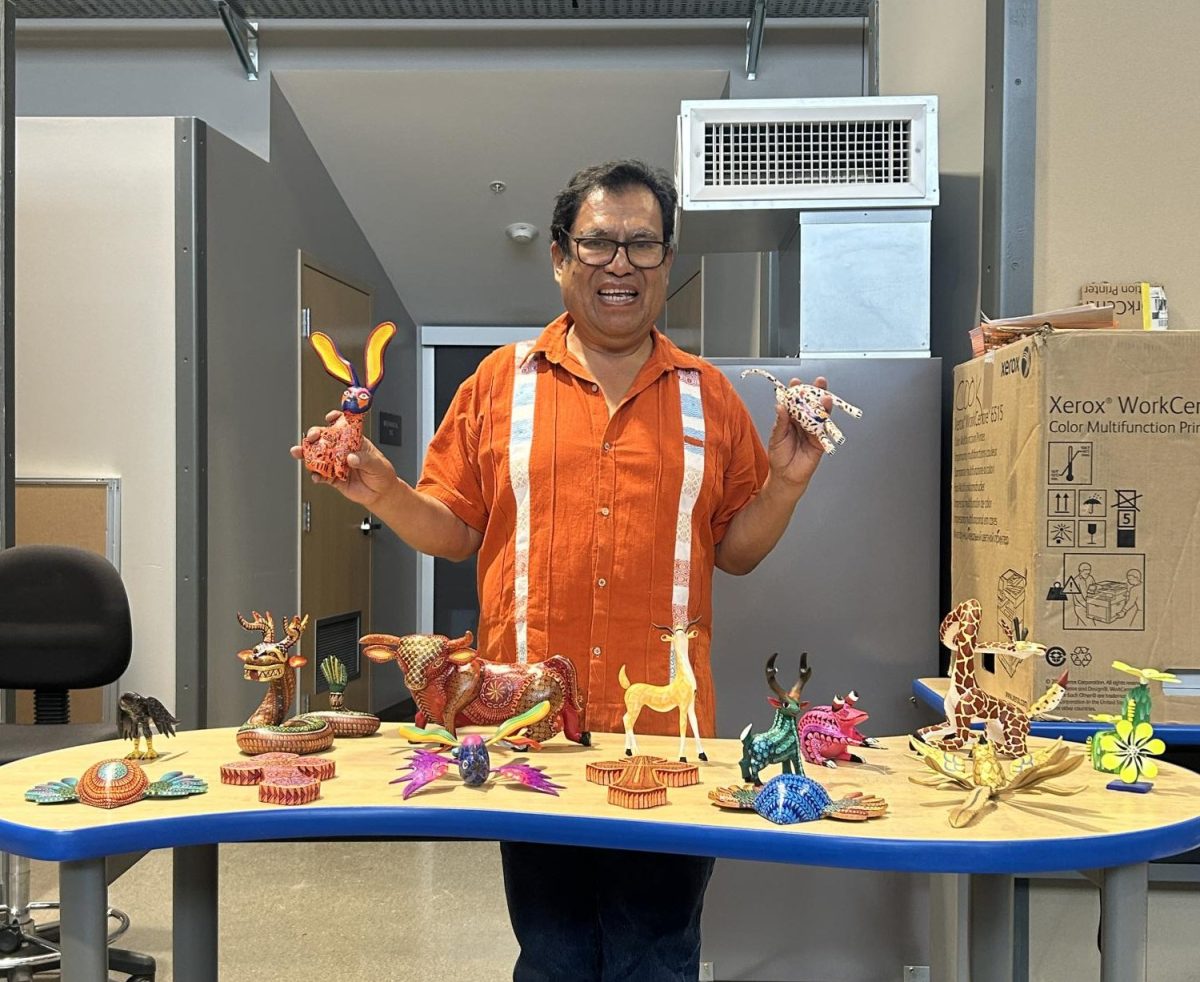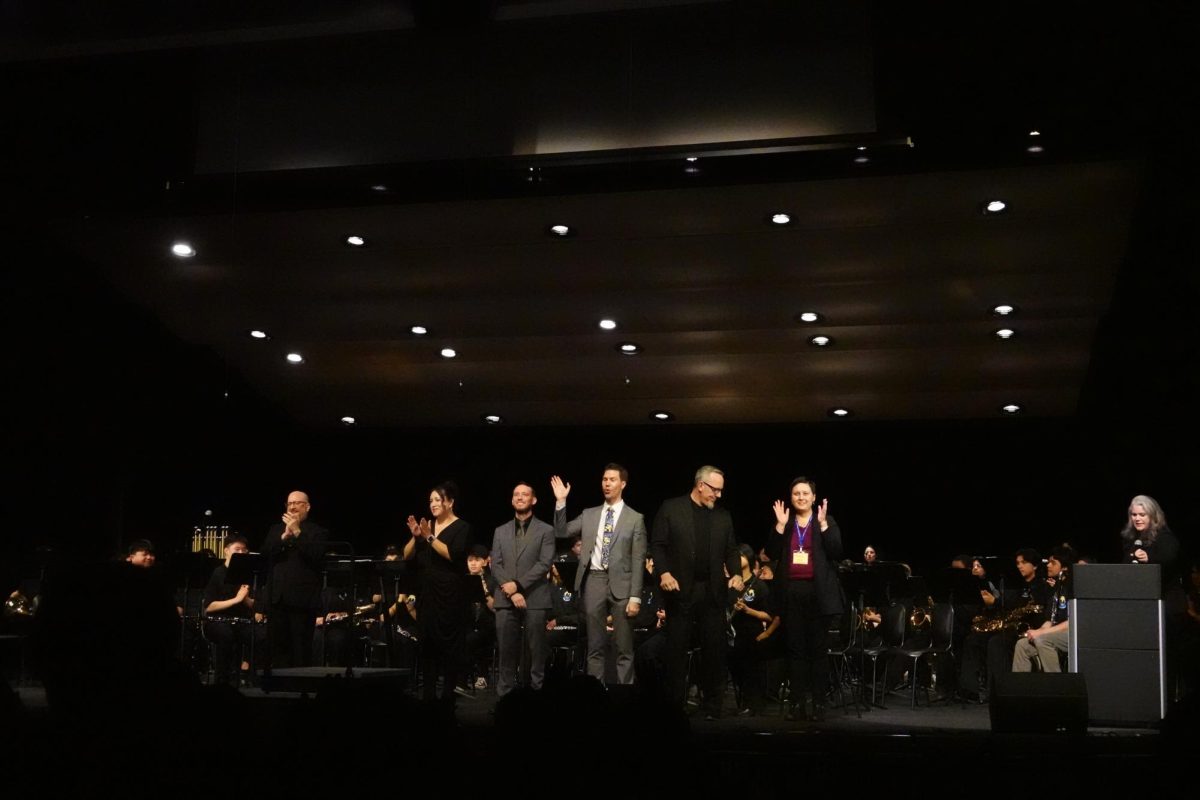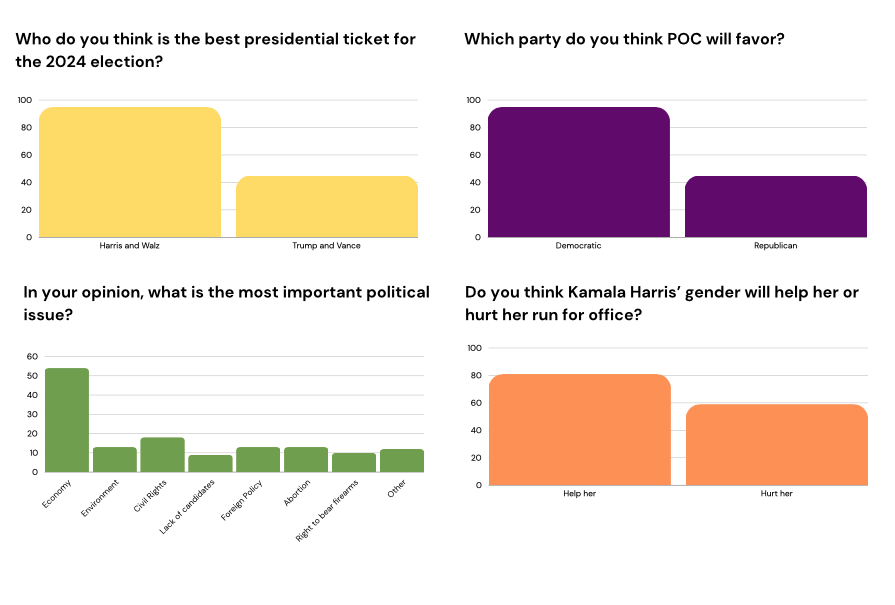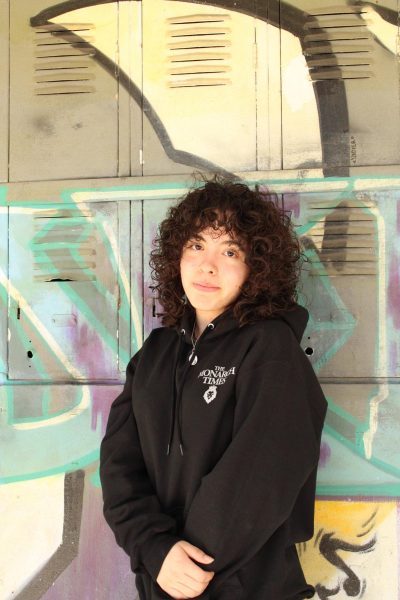Established in 1848, the U.S.-Mexican border remained accessible but was not used for any sort of transaction or trade that was not federal or economic. In 1944, more restrictions were placed, prohibiting drug trade and human trafficking. Even with these restrictions, the border wasn’t criminalized and people were allowed to cross. As of 2017, the Trump administration developed the El Paso program, which manages immigration through the U.S.-Mexican border. This program charged anyone passing through the border without documentation, even if they were seeking asylum, with a misdemeanor. Those that were caught were detained and criminally charged.
Since the 2016 Trump election, U.S.-Mexican border officials from the U.S. Border Patrol, Customs and Border Protection used this new change in policy to close entry on those immigrating to the U.S. Officers will arrest any new arrivals using “probable cause”; meaning you could be arrested for being suspicious of illegal or threatening activities. Early U.S. policies allowed any individuals seeking asylum to be processed in the country without suspicion of wrongdoing, which is a significant change compared to how U.S. policies are now. Officers arrest people, stating the crime they are committing is simply entering the U.S.
The Trump administration continued to run the program as an attempt to deter future migrants from entering the U.S.. No exceptions were made for immigrants traveling with children or as families. Thus, there began a cycle of separation and detention for immigrants. The detained parents could not stay with their children and were removed to be put in foster situations with no plan for reunification. The U.S. government has separated more than 5,000 children from their parents. 21,100 immigrants had been detained during December of 2023.
Systems set up by the U.S. government do not support the reconnecting of separated families. Under the aim of preserving safety in the U.S., more immigrants have been searched and detained. As a result, family separations have increased over the years. This has increased tension between immigrants and the government as legitimate asylum seekers are conflated with human traffickers.
The policy started by Trump has continued after Biden’s election in 2020. The U.S. government has been attempting to compensate families who have been separated. The compensation includes granting qualifications to legally enter the U.S., giving three-year renewable work permits to immigrants, and finding housing with rent coverage for at least two months. Although these benefits have been granted, 1,000 separated families have yet to be reunited. Along with this, there have been 686 deaths and disappearances of migrants in the U.S.-Mexican border in 2022.
Hayward has a population of around 150,000, 40% of which are immigrants. Mt. Eden history teacher Martha Perez states: “Immigrant students feel often outcasted and even treated as if they are not wanted here, affecting children’s mental state.” Adults continuously telling immigrant children they are safe does not entirely eliminate the worry they carry, since their safety can never be guaranteed.
The Monarch Times sent out a survey in which students of Mt. Eden with immigrant backgrounds could share their experience with immigration. When asked where they or their family had immigrated from, the majority of the responses were Latin America and Asia. Several students expressed how they help their families because of their exposure to American culture through school and relationships, allowing them an easier path to receive their citizenship. This is because immigrants must take a test on American values to be evaluated for citizenship.
A few students shared the uncertainty and high risk of immigration. “I’ve always feared my family being taken away since my mother, sister, and brother are the only ones who are currently undocumented. I really only had that experience with immigration. The fear definitely became worse during the 2016 election,” shared an anonymous student.

